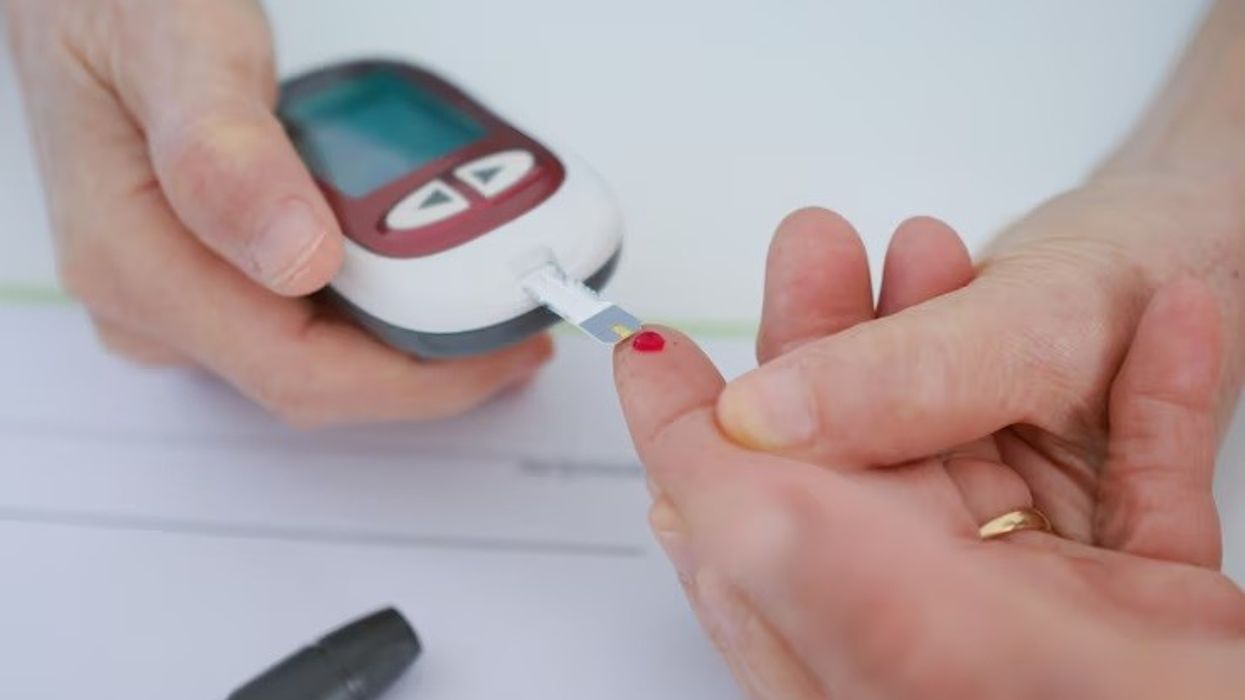Over 1,150 people with type 2 diabetes and obesity or overweight in the West Midlands have benefited from this programme
NHS England is expanding the Type 2 Diabetes Path to Remission Programme across the country from April 2024, following the successful pilot launch in the Midlands.
A joint initiative between NHSE and Diabetes UK, the programme offers a low calorie, total diet replacement treatment for individuals who are living with type 2 diabetes and obesity or overweight.
More than 1,150 patients in the West Midlands have joined the programme and benefited from it since its introduction in 2020 until February 2024.
Previously known as the NHS Low Calorie Diet Programme, this evidence-based intervention is aimed at reversing diabetes and maintaining weight loss in the long term.
“This is such a great chance for people to take control of their health and to put their type 2 diabetes into remission,” said Professor Vinod Patel, West Midlands Clinical Lead for NHS England (Midlands) for Diabetes.
Peter Shorrick, head of Midlands and East at Diabetes UK, explained that achieving remission can help reduce the risk of developing serious problems with the eyes, feet, or heart in many patients with type 2 diabetes, while also providing hope for a medication-free future.
“People in remission say it’s life changing and we funded research that shows that this programme works.
“Our aim is to support people to go on the Path to Remission Programme and achieve results safely, complementing it with our advice on a range of issues from maintaining a healthy diet, to exercise, mental health and the importance of peer-to-peer support to provide a holistic approach,” he added.
This programme is based on research that found a 3-month specially formulated ‘soup and shake’ diet, coupled with healthy lifestyle support, helped people living with type 2 diabetes and obesity or overweight to lose over 10kg (1st 5lbs) in weight, improve their blood glucose levels, reduce diabetes-related medication and achieve remission of type 2 diabetes in almost half of the participants.
People aged 18 – 65 years who have been diagnosed with type 2 diabetes within the last six years, and have a BMI over 27 kg/m2 (for individuals from White ethnic groups) or over 25 kg/m2 (for individuals from Black, Asian and other ethnic groups) are eligible to participate in the NHS Type 2 Diabetes Path to Remission Programme.
James from Birmingham has lost 95kg (54 per cent of his body weight) since starting the programme in 2021.
“I now weigh 82kg. With a Hb1Ac (average blood glucose) of 29, my diabetes is in remission and my GP has advised me that I don’t need any diabetes treatment which is fantastic,” James said.
He was referred to the programme by a nurse practitioner from his GP surgery due to difficulties tolerating his medications. At that time, his weight was 177kg (27st 8 lbs).













